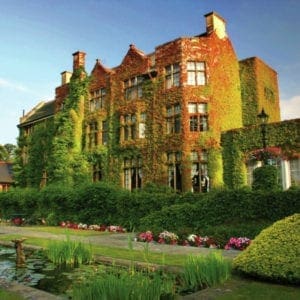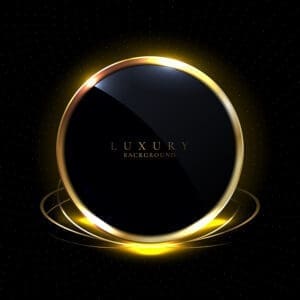Hospitality design experts agree that hotels must adhere to their customers’ demand for sustainable design and practices in order to take their establishment to the next level. In fact, sustainability has now become the new norm.
To take your hotel into the future, here are some sustainable design ideas to consider.
Roof gardens
In an interview for Raddison Blu, industrial designer Bronwynn Welsh says that she is impressed by the use of roof gardens as an innovation in sustainable hotel design. She says that roof gardens “reduce energy use by absorbing heat and acting as insulators for buildings, which also, in turn, helps to reduce air pollution and greenhouse gas emissions.”
One example is the green rooftop garden installed by El Portal, a boutique hotel in Sedona, Arizona. The owner installed grass sod on the roof and planted it with wildflowers.
Sustainable furniture, fixtures and accessories
Using sustainable materials and hotel furniture in remodelling guestrooms are some great ways to practice sustainability. The number of suppliers who provide sustainable hotel furniture has grown within the last several years.
Yosemite Lodge at the Falls renovated their guestrooms by using low or zero VOC paint in the walls, by using carpet and bathroom tiles made from recyclable materials and through hotel furniture made from mid-western hickory saplings, known as the hardest wood in North America. It continuously re-sprouts from the same stump making it a renewable source.
LED lighting fixtures
Lighting is extremely important in making guests feel relaxed and refreshed. However, due to a hotel’s long operating hours, lighting contributes significantly to the total energy consumption. Using LED lighting can not only help drive down energy costs but also reduce maintenance and cooling costs as well.
The Sheraton Stamford Hotel in Connecticut recently completed an LED lighting upgrade in the entire hotel. This project alone will save the hotel an estimated 7,412,770 kWh over the life of the fixtures, as reported by the Connecticut Energy Efficient Fund.
Water conservation solutions
Commercial and institutional buildings account for a large portion of total water consumption. In hotels, the largest uses of water come from the restrooms, laundry areas, kitchens, and landscaping. Hotels can therefore benefit from utilizing water-efficient practices by upgrading equipment and improving operations.
The InterContinental Hotel Group did exactly that with their Green Engage Program, which aims to reduce water usage by 12% globally by 2017. Their Green Engage Water Conservation Kits include tips on how to successfully implement water conservation practices. They also distributed aerators, that can be easily installed on faucets, and energy efficient appliances such washers, dryers, dishwashers and more.
Solar installation
Hotel guests are present 24/7 in the premises so a lot of energy is being consumed for power generation. Using solar power can help meet at least part of the hotel’s electricity requirement. It is not only cost-effective but also low maintenance, reliable and flexible.
One hotel who has been harnessing the power of the sun for over a year already is the Westin Dawn Beach Resort & Spa, St. Maarten. The completed installation has allowed them to produce six to eight hours of power during peak times.
Because sustainability is now a big factor in the success of a hotel, hotel operators must then take extra measures to delight their customers with their sustainable efforts.
About the source
Nextrend Furniture is a hospitality furniture specialist in Australia, helping people transform their venues into a practical and creative environment. Nextrend takes primary responsibility for shaping sustainable built environments, placing importance on taking a green approach regardless of scale or budget.




















